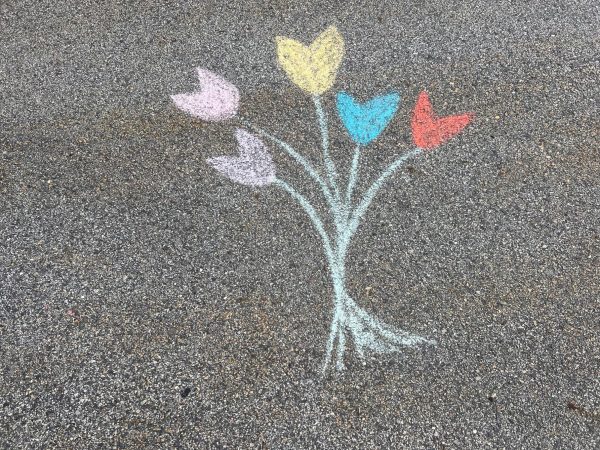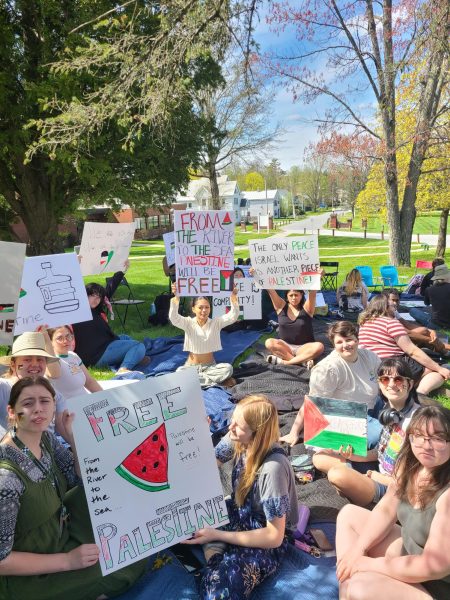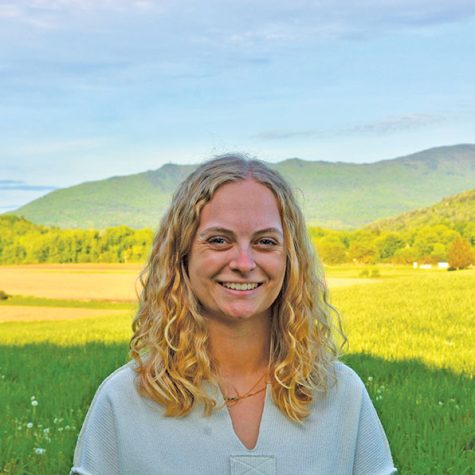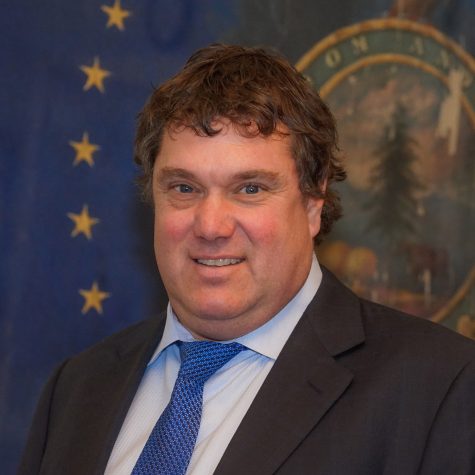Words of Wellness: Constructive living

This guy’s heard of constructive living! Have you?
Constructive Living Quotes:
You don’t need to fight your fears or discover hidden ones.
Fear of flying is no reason to avoid air travel.
For all your dreams you are what you do.
Feelings fade over time unless re-stimulated by complaining or other circumstances.
You can’t build a life on feeling good all the time.
Confidence follows success; it need not come before.
You must take responsibility for what you do no matter what you feel.
You can change your past by changing what you do now.
No one really knows why humans do what they do.
The optimal mind isn’t always peaceful or blissful; it is flexible.
Feelings don’t need to be fixed.
The myth of the self-made person is bankrupt.
When we lose ourselves in constructive activity, our neurotic suffering is gone.
Those who want success most have the greatest fear of failure.
There is nothing wrong with dreaming, unless we only dream.
Effort is already success.
Neurotic suffering grows from self-centeredness, misplaced attention.
Life always implies desires that exceed realistic limits.
Forgiving your parents is trivial; seeking their forgiveness is more valuable to you.
Don’t hope to eliminate neurotic suffering by talk or medication.
Reality doesn’t respond directly to thought or intent, only to action.
Learn How To:
Distinguish between what is controllable and what is uncontrollable in your life.
Develop more self-discipline in daily life.
Set goals and stay focused on your priorities.
Acknowledge and accept those aspects of life that are beyond your direct control.
Recognize the specific ways in which your life is supported by people and things.
Gather information from feelings without being governed by them.
Live life more realistically.
Do what needs doing.
Focus on living well regardless of how you are feeling at the moment.
Review your past from a fresh perspective.
Handle life crises sensibly.
These are a sampling of the ideas that come from a movement called “constructive living.”
It embraces the idea that what you do in any given moment is much more important than how you feel in the moment and that that is how we should direct ourselves in the living of our lives.
It also recognizes deep gratitude and appreciation as a spiritual aspect of keeping our selves in right proportion and relation to others and our own self-perspective. You can learn more at: http://constructiveliving.org/ and http://www.todoinstitute.org/constructiveliving.html.
Here’s a sample from the ToDo institute’s page on dealing with Anxiety (accessible at http://www.todoinstitute.org/anxiety.html):
“Morita Therapy was originally developed for people with a type of anxiety neurosis called shinkeishitsu. Such people were characterized by their tendencies towards perfectionism, shyness, hypochondria and a general preoccupation with their feelings and thoughts.
“Many traditional approaches to anxiety advocate ‘working on’ your thoughts – trying to change or even stop them. But Morita’s approach was based on the strategy of accepting them and shifting one’s attention to something more constructive.
“Rather than fixing our mental ruminations, we work on doing the things that help us live a fulfilled and meaningful life. We simply take our anxiety with us as we strive to live well and do what’s important. How empowering this is! Our anxiety no longer prevents us from taking action.”
To pull this off is to be able to say “whatever” to what’s bugging us, whether it is the lightheadedness and tingly hands of anxiety or the fatigue, numbness or tears of depression, or the worry about whatever drama might play out at some future moment “if” this or that happens and then move on to what we are doing now or next. This takes practice, and may need to be repeated several times an hour till it gets easier to get used to.
I don’t think this means that we shouldn’t self-reflect about our shortcomings or reinforce our denial about taking responsibility for being a good person in all aspects of our lives.
However, when we make a regular time for self-inventory and self-reflection; give it our full attention and contain it to brief periods of time, say 10-15 minutes at the end of the day or for an hour or two once a week, we can be more efficient at it and contain it.
It protects us against those regrettable mistakes we make, when we don’t know ourselves, because we weren’t paying attention – to ourselves. So we need to balance an attentiveness to self and with an attention less interested/preoccupied with self and more interested, curious and engaged in the environment and the others around us.
“The healthy way to experience human weakness or error or sin is to regret, or perhaps feel guilty for a moment, but then to get up and go about one’s business, even forgetting about the “sin”. It is only the grandiose person who hugs his sin, cherishing a perpetual sense of guilt.” – Camilla Anderson






